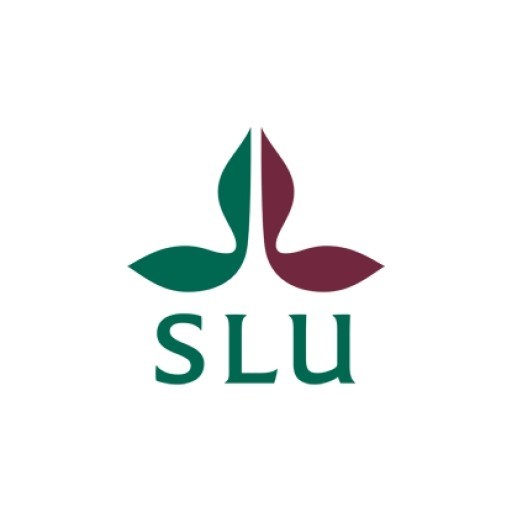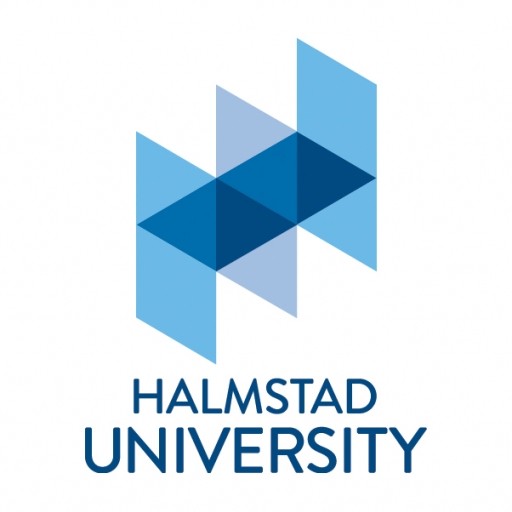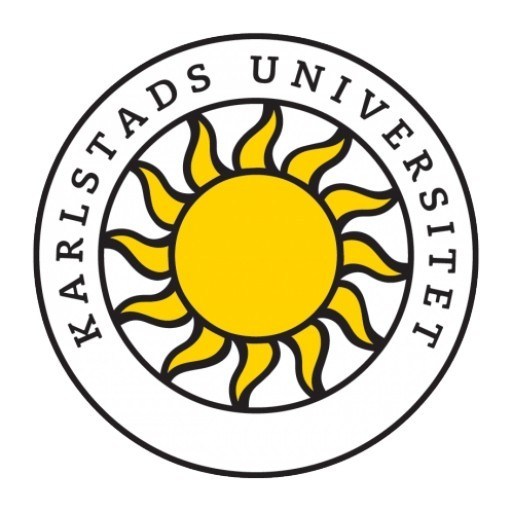Photos of university / #universityofgothenburg
Environmental Sciences at the University of Gothenburg offers a comprehensive and interdisciplinary education designed to equip students with the knowledge and skills necessary to address pressing environmental challenges. The program focuses on understanding the complex interactions between natural systems and human activities, emphasizing sustainable development and environmental conservation. Students will explore a wide range of topics, including ecology, environmental management, climate change, pollution control, and renewable energy. The curriculum integrates theoretical studies with practical applications, encouraging critical thinking and problem-solving abilities. Through lectures, seminars, laboratory work, and field studies, students gain hands-on experience and deepen their understanding of environmental processes. Collaboration with researchers and industry partners provides insights into current issues and innovative solutions in the field. The program prepares graduates for careers in environmental consultancy, governmental agencies, research institutions, and industries committed to sustainable practices. Emphasizing international perspectives, the curriculum fosters global awareness and cultural understanding, preparing students to contribute to environmental solutions worldwide. Graduates will be equipped not only with scientific expertise but also with the communication and analytical skills necessary for effective environmental decision-making. The program's multidisciplinary approach ensures that students develop a holistic view of environmental issues, integrating scientific, socio-economic, and policy considerations to promote sustainable development. With access to modern laboratories, research facilities, and active involvement in ongoing research projects, students are encouraged to engage in innovative environmental research. The University of Gothenburg's strong focus on sustainability and its strategic location near diverse natural environments make it an ideal place for studying environmental sciences. Graduates will be well-prepared to tackle the challenges of the modern world and contribute positively to creating a sustainable future for society and the planet.
The Master's Programme in Environmental Sciences at the University of Gothenburg offers a comprehensive and interdisciplinary education designed to equip students with the knowledge and skills necessary to address complex environmental challenges. The programme provides a deep understanding of ecological systems, human-environment interactions, and sustainable development principles. Students will explore a wide range of topics, including environmental policy, conservation, climate change, land use, pollution control, and natural resource management. The curriculum combines theoretical coursework, practical fieldwork, and project-based learning to foster critical thinking and problem-solving abilities.
Throughout the programme, students engage with current environmental issues through case studies and research projects, often collaborating with external organizations, government agencies, and industry partners. This hands-on approach aims to prepare graduates for careers in environmental consultancy, policymaking, research, and education, as well as in various sectors committed to sustainable development. The programme emphasizes the importance of an interdisciplinary perspective, integrating insights from biology, chemistry, geography, economics, and social sciences to develop holistic solutions to environmental problems.
In addition to core courses, students have opportunities to specialize in areas such as environmental management, climate adaptation, biodiversity conservation, or environmental economics. The programme also offers options for international exchanges and fieldwork, providing students with valuable global and practical perspectives. Graduates will be equipped with advanced analytical tools, understanding of environmental legislation, and the communication skills necessary to influence policy and public opinion.
The aim of the Master’s in Environmental Sciences is to foster informed and responsible environmental decision-making, contributing to a more sustainable future. With access to state-of-the-art laboratories, research facilities, and expert faculty, students will be supported throughout their academic journey to become skilled environmental professionals capable of making meaningful contributions to environmental sustainability at local, national, and global levels.
Program requirements for the Master’s Programme in Environmental Sciences at the University of Gothenburg typically include a relevant undergraduate degree such as a bachelor's degree in environmental science, biology, chemistry, geography, or a related field. Applicants are expected to demonstrate proficiency in English, usually through TOEFL or IELTS scores, meeting the minimum language requirements set by the university. A strong academic record with relevant coursework in environmental topics is favored. Additionally, relevant work experience or internships in environmental projects can strengthen the application. Applicants are often required to submit a statement of purpose outlining their motivation for studying environmental sciences and their career goals. Letters of recommendation from academic or professional references are typically part of the application package. The selection process also considers the applicant’s capacity to undertake independent research and the potential to contribute to the academic community. Prior knowledge of statistics and research methodology may be advantageous. There are no specific prerequisite courses mandated, but foundational knowledge in natural sciences and research methods can be beneficial. The university emphasizes the importance of well-developed analytical skills, problem-solving abilities, and a genuine interest in sustainable development and environmental issues. For applicants whose first language is not English, proof of language proficiency is essential to ensure they can fully participate in the program’s coursework and research activities. It is recommended that prospective students review the official admission guidelines and deadlines published on the university's website to prepare their application accordingly. In summary, the program seeks highly motivated students with relevant academic backgrounds, demonstrated language skills, and a keen interest in advancing environmental knowledge and solutions through rigorous academic study and research.
The Environmental Sciences program at the University of Gothenburg offers a range of financing options to support students throughout their studies. Tuition fees for international students are set annually and vary depending on the specific semester, but generally, the fees are structured to be affordable relative to many other Swedish and European universities. For students from the European Union and EEA countries, there are no tuition fees, making the program accessible without financial barriers.
For students paying tuition fees, the university provides detailed information on payment deadlines and methods, including bank transfers. Students are advised to plan their finances carefully to ensure timely payments and avoid any disruptions in their studies. The university also offers guidance on scholarship opportunities; these are typically merit-based scholarships awarded to outstanding applicants and may cover partial or full tuition fees. Scholarships are highly competitive and applicants are encouraged to demonstrate academic excellence and involve relevant extracurricular activities.
In addition to scholarships, students are encouraged to seek external funding sources, such as national or international grants, sponsorships from environmental organizations, or governmental financial aid programs. Many students also finance their studies through personal savings, family support, or student loans from their home country. The university's Student Services Office provides comprehensive advice and support for prospective and current students seeking external funding options.
Part-time work opportunities are available to students, especially within Gothenburg, which has a vibrant job market including positions suitable for international students. The university supports students in finding part-time employment through job boards, internship placements, and networking events focused on environmental and scientific careers. Engaging in part-time work can help students manage living expenses and gain practical experience relevant to their studies.
Regarding living costs, students should budget for accommodation, food, transport, and leisure activities. Gothenburg offers a range of affordable housing options including student dormitories, shared apartments, and private rentals. The university's International Student Services provides guidance on housing applications, budgeting, and financial planning, helping students to estimate and manage their expenses effectively over the duration of their studies.
Overall, while the initial tuition fees and living costs might seem substantial, the university’s emphasis on financial aid, scholarships, and part-time job opportunities helps make the Environmental Sciences program at the University of Gothenburg financially accessible to a diverse range of students from around the world.
The Master’s Programme in Environmental Sciences at the University of Gothenburg offers students an in-depth understanding of environmental issues and the multidisciplinary approaches needed to address them. The programme is designed to equip students with both theoretical knowledge and practical skills to analyze complex environmental problems and develop sustainable solutions. Throughout the programme, students explore various aspects of environmental science, including ecology, geology, chemistry, and social sciences, allowing for a comprehensive perspective on the interactions between human activities and natural systems. The curriculum emphasizes scientific methodology, data analysis, and environmental monitoring techniques, ensuring that graduates are well-prepared for careers in research, consultancy, policy development, or environmental management. Students have the opportunity to participate in fieldwork, laboratory research, and interdisciplinary projects, often collaborating with industry, government agencies, and NGOs. The programme encourages critical thinking, problem-solving, and innovative approaches, fostering the development of environmentally responsible professionals. It also offers specializations or elective courses in areas such as climate change, conservation, environmental policy, and sustainable development. The duration of the programme is generally two years, and graduates receive a Master of Science degree. The University of Gothenburg supports students with modern laboratories, research centers, and strong links to environmental organizations, providing a conducive environment for academic growth and professional development. Graduates from this programme are prepared to contribute effectively to tackling pressing environmental challenges locally and globally, promoting sustainability and environmental stewardship across various sectors.








